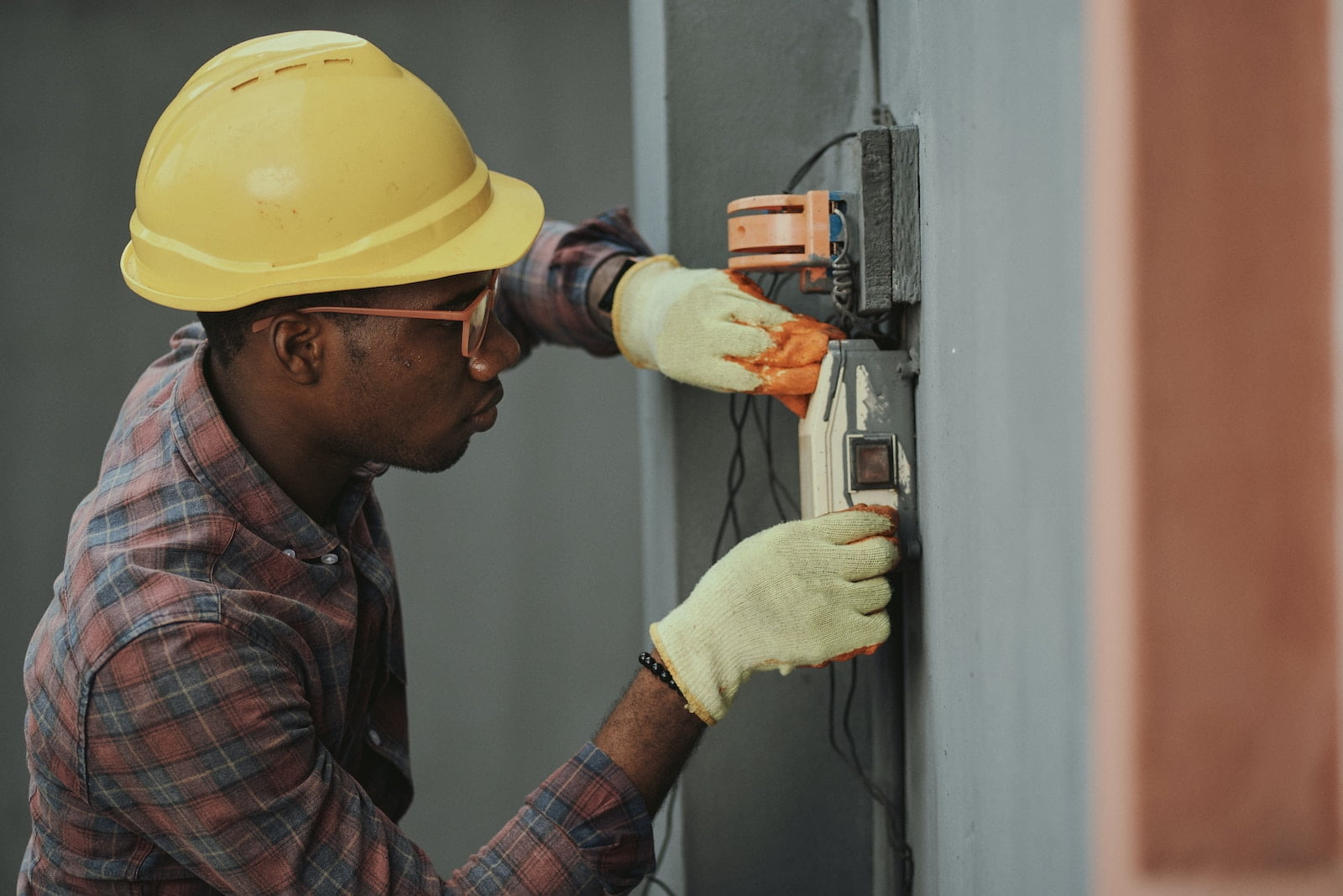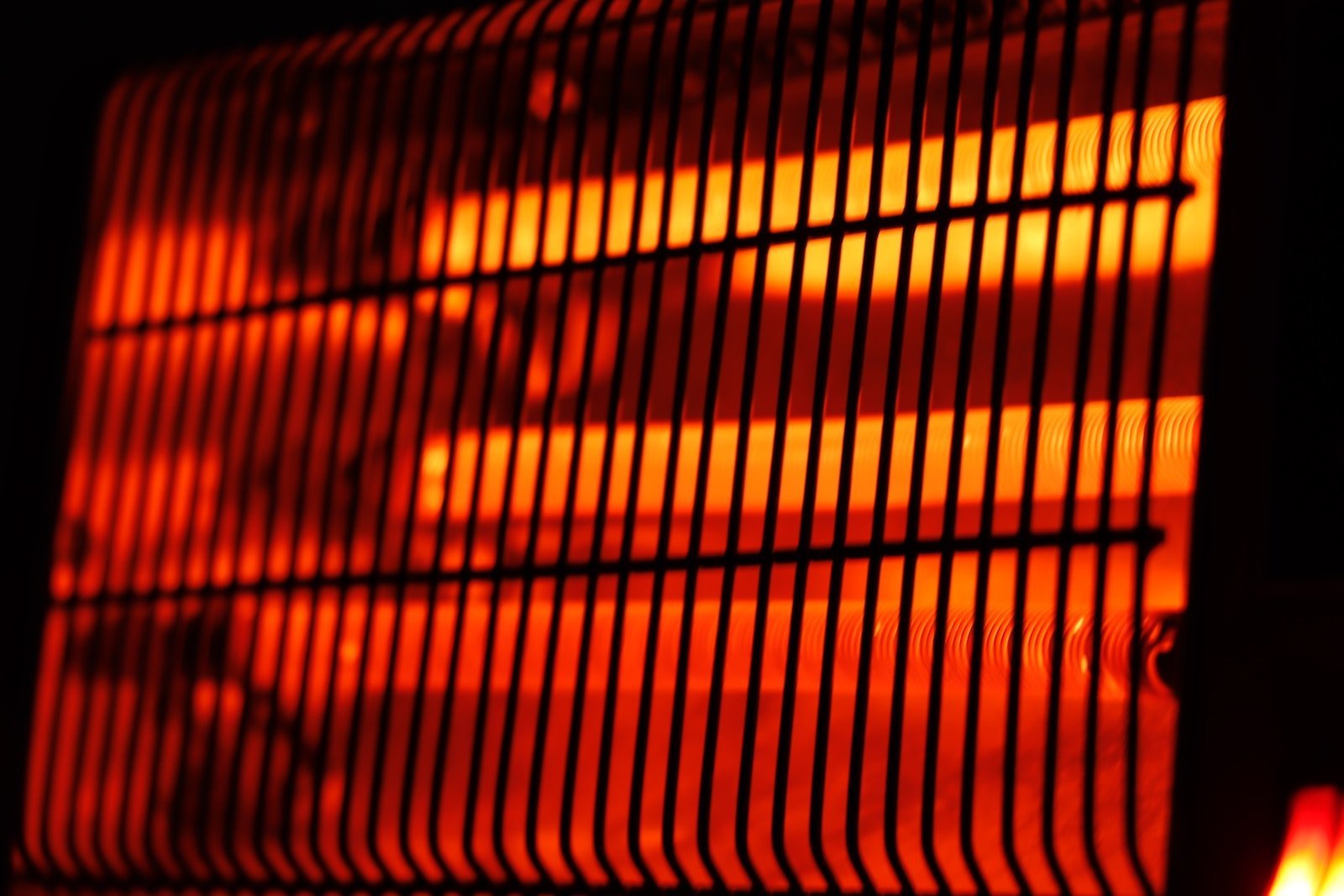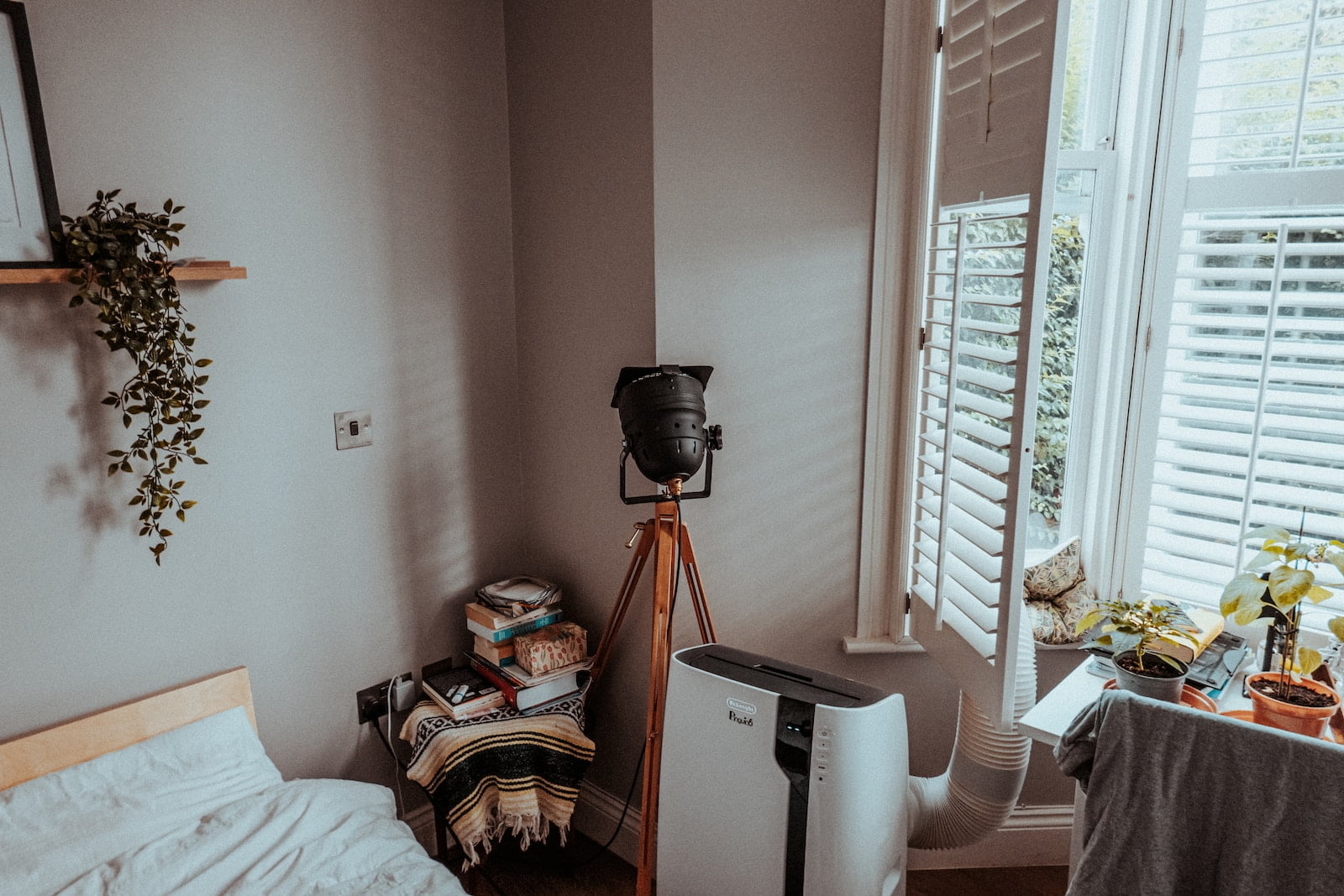Stop AC Ducts from Dripping with Condensation
As a homeowner, it’s essential to understand the causes of AC duct condensation. It can be frustrating to see water droplets forming on the vents or even damaging your walls and ceilings. Many factors can lead to condensation, such as high humidity levels, poor insulation, or inadequate ventilation. Knowing the root cause of the problem can help you take the necessary steps to prevent it from happening. This guide will provide you with valuable insights into the causes of AC duct condensation and how to address them effectively.
Firstly, we will discuss the impact of high humidity levels on your HVAC system and how it can lead to condensation. Secondly, we will examine the role of insulation in preventing condensation and how to identify if your insulation is inadequate. Lastly, we will explore the importance of proper ventilation in your home and how it can help prevent condensation. By the end of this guide, you will have a better understanding of the causes of AC duct condensation and how to prevent it from happening in your home.
DIY Solutions to Stop AC Ducts from Dripping with Condensation
Another simple solution to prevent AC ducts from dripping with condensation is to insulate them properly. When your air conditioning system produces cool air, it can cause moisture to condense on the surface of the ducts. This can lead to dripping and even mold growth if left unchecked. Insulating your ducts can help prevent this problem by keeping the air inside the ducts at a consistent temperature, reducing the likelihood of condensation forming.
You can purchase duct insulation at your local hardware store and install it yourself with a few basic tools. Simply measure the length of your ducts and cut the insulation to fit. Then, wrap the insulation around the ducts, securing it in place with duct tape or zip ties. This will not only help prevent condensation, but it can also improve your system’s efficiency by reducing heat loss through the ducts.
Overall, there are several simple DIY solutions you can try to stop AC ducts from dripping with condensation. By checking your drain line, cleaning your vents, and properly insulating your ducts, you can keep your air conditioning system running smoothly and prevent potential damage to your home.
The Importance of Regular AC Maintenance to Prevent Duct Condensation
Regular AC maintenance is crucial in preventing duct condensation. Ductwork is designed to transport cool air throughout your home, but if it is not properly maintained, it can lead to moisture buildup and ultimately, condensation. This can cause a variety of problems, including mold growth, water damage, and decreased indoor air quality.
During routine maintenance, an HVAC technician will inspect your ductwork for any signs of wear and tear, such as holes or leaks. They will also clean the ducts to remove any dirt, dust, or debris that may have accumulated. Additionally, they will check the insulation around the ducts to ensure it is in good condition.
By having regular AC maintenance performed, you can prevent duct condensation and ensure that your HVAC system is working efficiently. This will not only save you money on energy bills, but it will also improve the overall comfort of your home. Don’t wait until you have a problem to schedule maintenance – make it a priority to have your HVAC system serviced regularly.
Professional Services for Fixing AC Duct Condensation Issues
If you’re experiencing AC duct condensation issues, it’s important to seek professional services to fix the problem. One of the main causes of condensation is improper installation or insulation of the ductwork. This can lead to moisture buildup, which can result in mold growth and poor indoor air quality. A professional HVAC technician can inspect your ductwork and determine the cause of the condensation. They can also recommend solutions to fix the problem, such as adding insulation or sealing air leaks.
Another common cause of AC duct condensation is an oversized air conditioning unit. If your AC unit is too large for your home, it will cool the air too quickly and not remove enough moisture from the air. This can lead to condensation forming on the ductwork. A professional HVAC technician can assess the size of your AC unit and recommend a properly sized unit to prevent condensation issues.
Overall, it’s important to address AC duct condensation issues promptly to prevent further damage to your HVAC system and ensure healthy indoor air quality. Contact a professional HVAC technician today to schedule an inspection and get your AC duct condensation issues resolved.
Investing in Energy-Efficient AC Units to Reduce Duct Condensation and Save Money
Another benefit of investing in energy-efficient AC units is the reduction of duct condensation. When warm air passes through a cool duct, moisture in the air can condense on the surface of the duct. This can lead to mold growth, which can cause health problems for occupants of the building. Additionally, duct condensation can reduce the efficiency of the HVAC system, as the moisture can create a barrier that prevents air from flowing freely through the ducts.
Energy-efficient AC units can help reduce duct condensation by maintaining a consistent temperature in the ducts. By keeping the air temperature in the ducts closer to the temperature of the surrounding air, the amount of condensation that occurs can be minimized. This not only helps prevent mold growth, but it can also improve the performance of the HVAC system, which can save money on energy bills.
In conclusion, investing in energy-efficient AC units can have many benefits, including reducing duct condensation and saving money on energy bills. By choosing an energy-efficient unit and ensuring that it is properly installed and maintained, building owners and occupants can enjoy a comfortable and healthy indoor environment while also reducing their impact on the environment.






